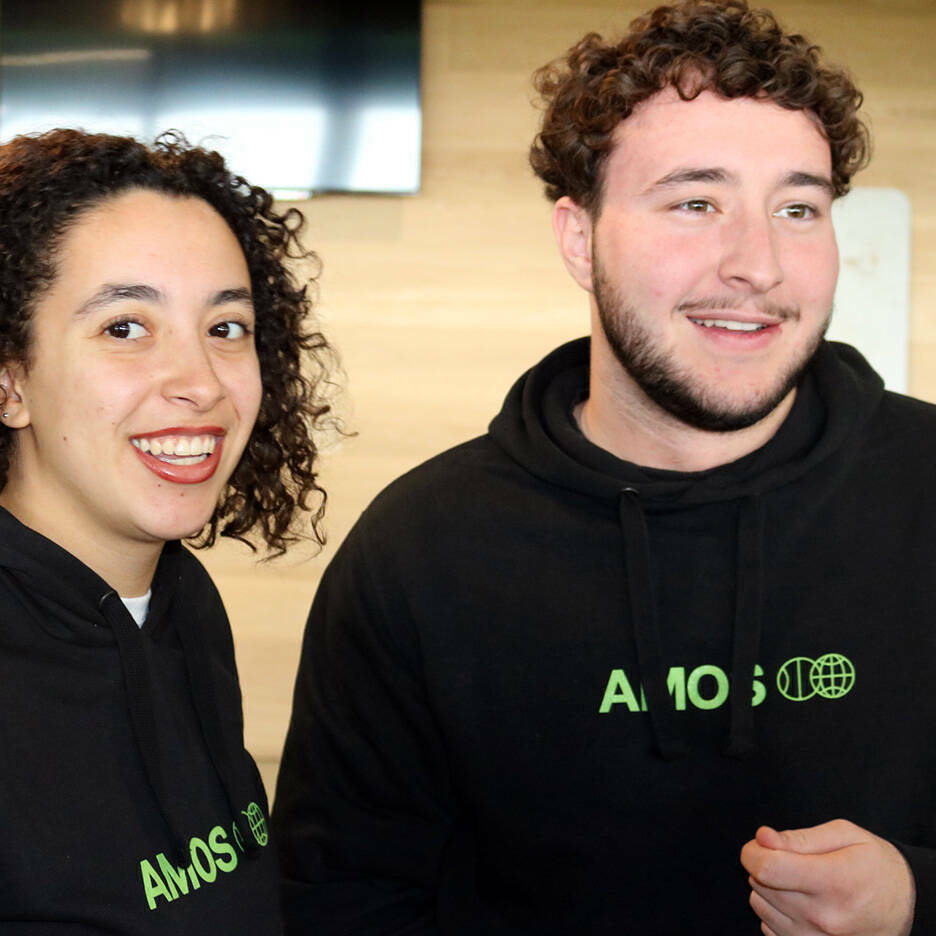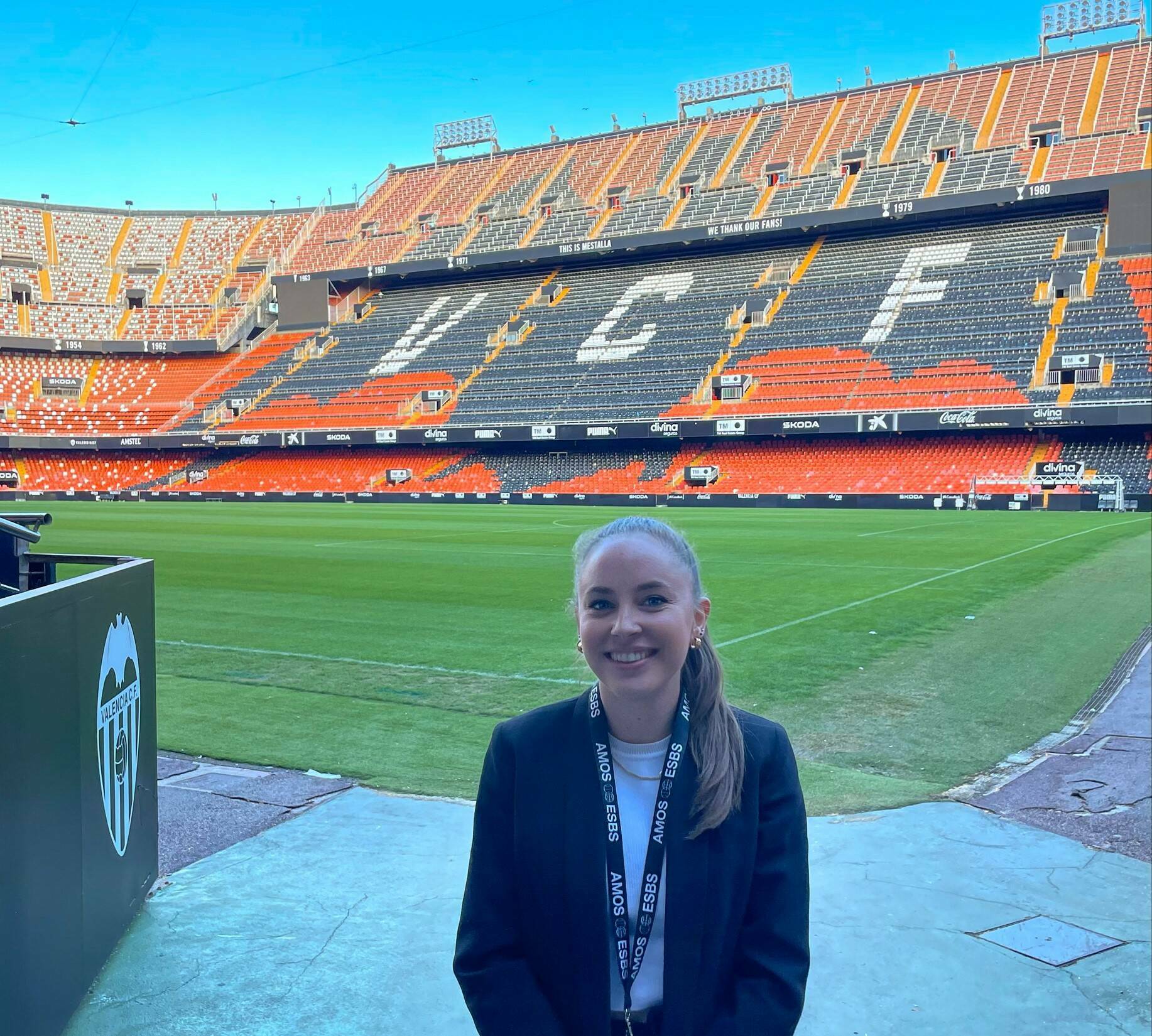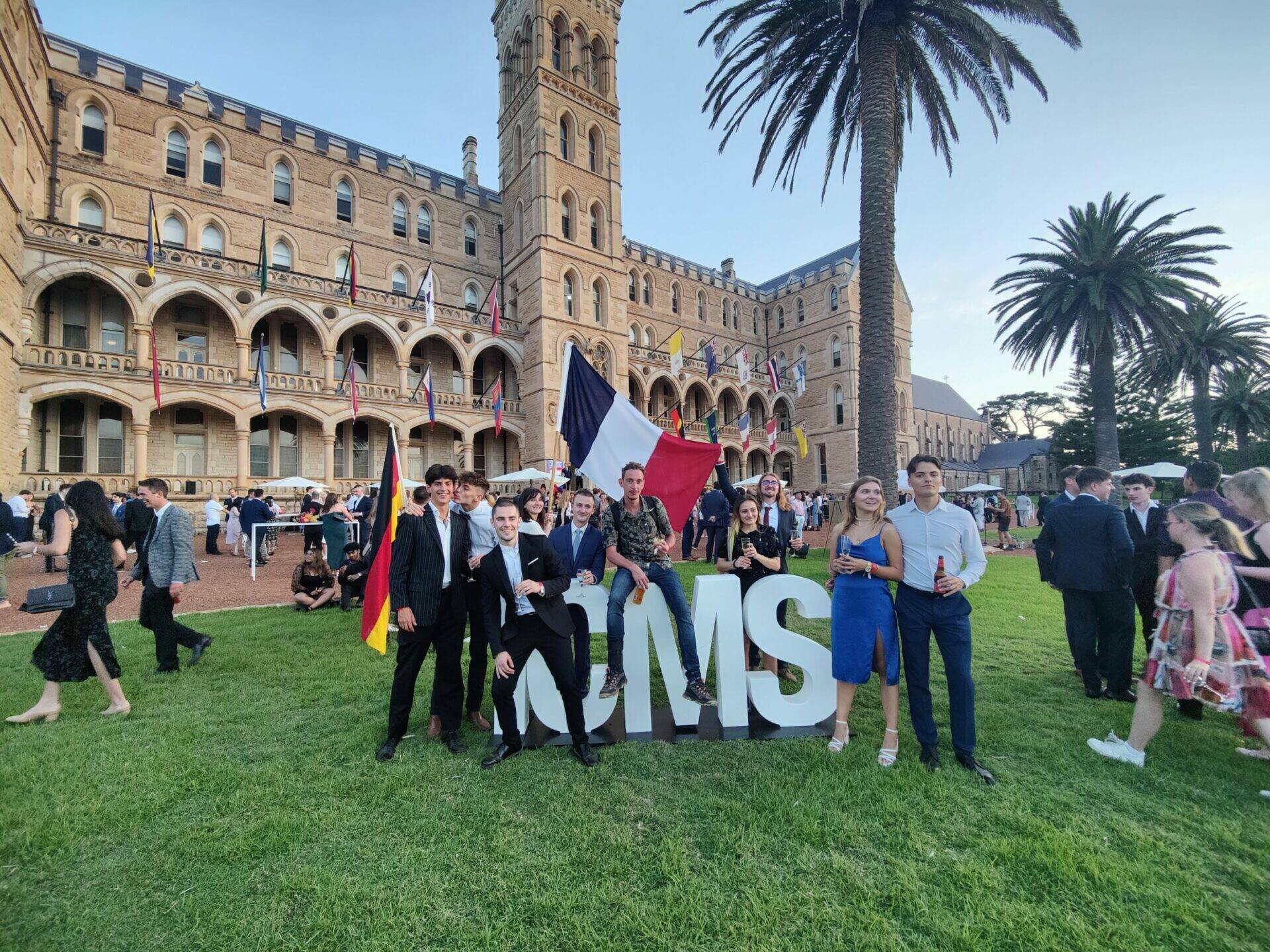Press Officer
HOW TO BECOME A PRESS OFFICER
In the digital age, communication is the sinews of war. Businesses must show a flawless image. The emergence and increasingly important role of social networks in our daily life have become a major challenge for businesses. Hence, digital technology is an extremely powerful tool that can quickly become a double-edged sword through poor or absence of communication. This has spurred on the creation of new communication jobs, but a company's secret communication weapon remains its press officer.
What is a press officer?
Corporate communication includes all of the channels that relay the identity of a known personality or organization. It should be consistent across all media to achieve its purpose. For instance, if a well-known athlete presents him or herself as a calm individual on one media and as a sultry character on another, it blurs the message and makes it harder for fans to identify with the character they admire.
Press officers serve as a front-line liaison between journalists and the brand or individual they represent. In our example, this is the athlete. Working freelance or for an agency, press officers draw up the entire communication strategy, hence the brand image, in close partnership with their client. Their role consists in promoting their client’s actions in the press, in a way that avoids any form of advertising.
To this end, they organize communication campaigns designed to boost the visibility of the client’s events and news. These could include a (financial or physical) commitment to a charity, setting up a non-profit or foundation for a cause, sharing their everyday life selectively with a community of fans or making oneself available when meeting the public. Such actions contribute to lending the product a positive identity, embodied here in the client him or herself: the athlete.
Only the most famous athletes have the means to hire a press officer to manage their image and communication. In fact, press officers in the sports industry work mostly for businesses such as sports equipment manufacturers, clubs, federations, specialist retailers, again with the aim of promoting their clients in the media and keeping the public up to date with the latest news.
What are the duties of a press officer?
A press officer’s routine work gravitates around different operations and communication tools. Imminent release of a new product? It must be promoted via, for instance, a press conference or press tour. Consequently, press officers must find a venue, get in touch with various service providers and finally, write and send out invitations to the core target audience: the media and sports journalists.
To this end, they must keep their address book always up to date and diversified. Although it is possible to build a career in a specific industry such as sports, press officers may need to change sectors depending on the client. Even if it doesn’t involve changing sectors, a client’s initiative may require getting in touch with several other business sectors to extend coverage to as many people as possible.
As a result, they must be prepared for all eventualities and keep an open mind. However, the role does not stop at that. They must then prepare all the content and communication media required to ensure the success of the promotional campaign. Such content may be visual, audiovisual or text based. This includes press releases and press kits, as well as, where appropriate, samples of the brand’s products.
Press officers are also tasked with media alert. The slightest media fallout and they must step in to right the ship. As a result, they must maintain excellent relations with the journalists with whom they work regularly to renew existing promotional strategies. Whether online or in print, there are very few publishing spots available. However, the client’s perpetual need for visibility forces press officers to maintain excellent relations with the press while proposing creative initiatives to maximize opportunities.
Key qualities and skills required of a press officer
This position requires constant presence on all communication fronts. The ideal candidate must be organized and demonstrate a great working capacity. In addition to sound knowledge of current affairs, they must demonstrate outstanding interpersonal skills. In short, press officers should demonstrate:
- A gift for public speaking, as eloquence is the key to engaging and convincing. Additionally, they are expected to project a friendly and open image.
- A synthetic mind combined with good writing skills to provide quality information that is clear and pleasant to read. In other words, they must express themselves both orally and in writing, because information is conveyed through written media or direct responses.
- Fluency in English to promote their client beyond national borders
- Diligence, as their client’s image is at stake in their press releases and promotional events
- Unflagging tenacity and great patience as both the media and journalists can be difficult to contact. This means they must never give up, and persevere to achieve their goals
Salary range and career prospects
Remuneration depends on the press officer’s experience and their employer’s prestige; however they typically earn on average around €2,900 gross monthly. If they wish to move up the ladder later on, they could aim for such positions as public relations officer, head of the press department, communication or news director, or communication manager.
However, such options will depend on the size of the company that employs them. For example, an organization such as the French Football Federation (FFF) doesn’t offer the same opportunities for press officers (in terms of role, salary, career options) as a second league club.
What qualifications are required to become a press officer?
Baccalaureate +5 is the key, as the jobs available after Baccalaureate +3 are often as assistants. Training at this level will enable students to be trained in communication techniques, external communication, internal communication, crisis communication and digital communication.
Practical experience is often provided, such as writing a press kit, as well as internships. Future communications specialists specializing in sport can opt for a Bachelor’s degree in Sport Management or a Master’s degree in Sport Business. The former gives access to key positions in various fields such as communications, while the latter opens the door to a world-class career.
Corporate communication includes all of the channels that relay the identity of a known personality or organization. It should be consistent across all media to achieve its purpose. For instance, if a well-known athlete presents him or herself as a calm individual on one media and as a sultry character on another, it blurs the message and makes it harder for fans to identify with the character they admire.
Press officers serve as a front-line liaison between journalists and the brand or individual they represent. In our example, this is the athlete. Working freelance or for an agency, press officers draw up the entire communication strategy, hence the brand image, in close partnership with their client. Their role consists in promoting their client’s actions in the press, in a way that avoids any form of advertising.
To this end, they organize communication campaigns designed to boost the visibility of the client’s events and news. These could include a (financial or physical) commitment to a charity, setting up a non-profit or foundation for a cause, sharing their everyday life selectively with a community of fans or making oneself available when meeting the public. Such actions contribute to lending the product a positive identity, embodied here in the client him or herself: the athlete.
Only the most famous athletes have the means to hire a press officer to manage their image and communication. In fact, press officers in the sports industry work mostly for businesses such as sports equipment manufacturers, clubs, federations, specialist retailers, again with the aim of promoting their clients in the media and keeping the public up to date with the latest news.
A press officer’s routine work gravitates around different operations and communication tools. Imminent release of a new product? It must be promoted via, for instance, a press conference or press tour. Consequently, press officers must find a venue, get in touch with various service providers and finally, write and send out invitations to the core target audience: the media and sports journalists.
To this end, they must keep their address book always up to date and diversified. Although it is possible to build a career in a specific industry such as sports, press officers may need to change sectors depending on the client. Even if it doesn’t involve changing sectors, a client’s initiative may require getting in touch with several other business sectors to extend coverage to as many people as possible.
As a result, they must be prepared for all eventualities and keep an open mind. However, the role does not stop at that. They must then prepare all the content and communication media required to ensure the success of the promotional campaign. Such content may be visual, audiovisual or text based. This includes press releases and press kits, as well as, where appropriate, samples of the brand’s products.
Press officers are also tasked with media alert. The slightest media fallout and they must step in to right the ship. As a result, they must maintain excellent relations with the journalists with whom they work regularly to renew existing promotional strategies. Whether online or in print, there are very few publishing spots available. However, the client’s perpetual need for visibility forces press officers to maintain excellent relations with the press while proposing creative initiatives to maximize opportunities.
This position requires constant presence on all communication fronts. The ideal candidate must be organized and demonstrate a great working capacity. In addition to sound knowledge of current affairs, they must demonstrate outstanding interpersonal skills. In short, press officers should demonstrate:
- A gift for public speaking, as eloquence is the key to engaging and convincing. Additionally, they are expected to project a friendly and open image.
- A synthetic mind combined with good writing skills to provide quality information that is clear and pleasant to read. In other words, they must express themselves both orally and in writing, because information is conveyed through written media or direct responses.
- Fluency in English to promote their client beyond national borders
- Diligence, as their client’s image is at stake in their press releases and promotional events
- Unflagging tenacity and great patience as both the media and journalists can be difficult to contact. This means they must never give up, and persevere to achieve their goals
Remuneration depends on the press officer’s experience and their employer’s prestige; however they typically earn on average around €2,900 gross monthly. If they wish to move up the ladder later on, they could aim for such positions as public relations officer, head of the press department, communication or news director, or communication manager.
However, such options will depend on the size of the company that employs them. For example, an organization such as the French Football Federation (FFF) doesn’t offer the same opportunities for press officers (in terms of role, salary, career options) as a second league club.
Baccalaureate +5 is the key, as the jobs available after Baccalaureate +3 are often as assistants. Training at this level will enable students to be trained in communication techniques, external communication, internal communication, crisis communication and digital communication.
Practical experience is often provided, such as writing a press kit, as well as internships. Future communications specialists specializing in sport can opt for a Bachelor’s degree in Sport Management or a Master’s degree in Sport Business. The former gives access to key positions in various fields such as communications, while the latter opens the door to a world-class career.






